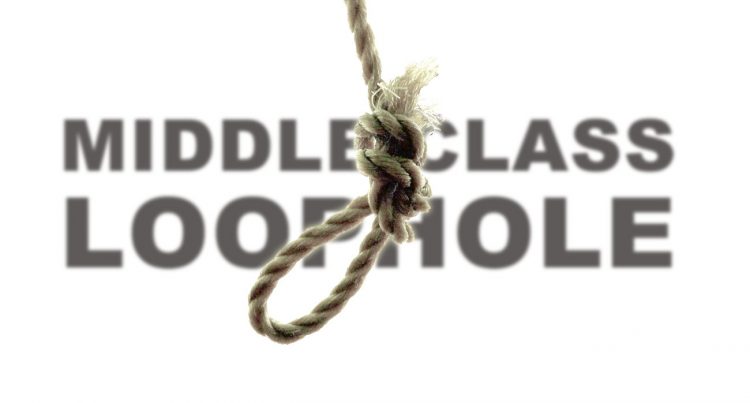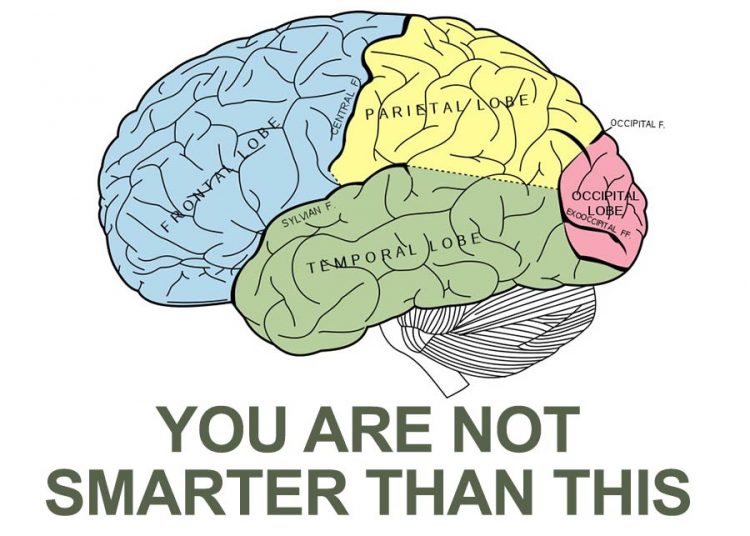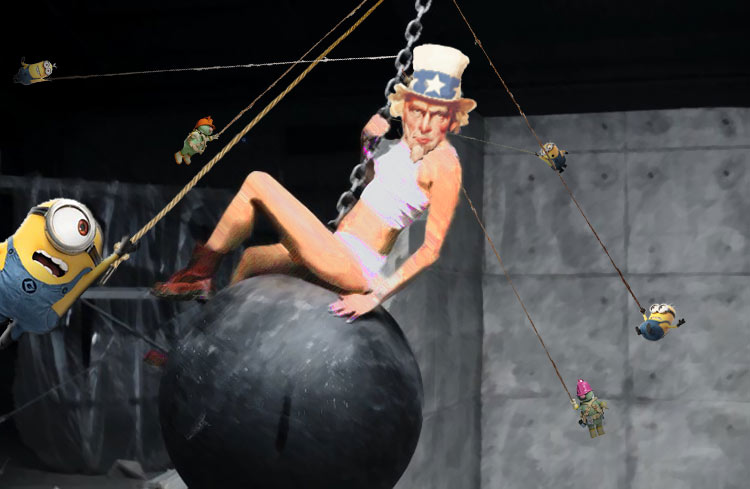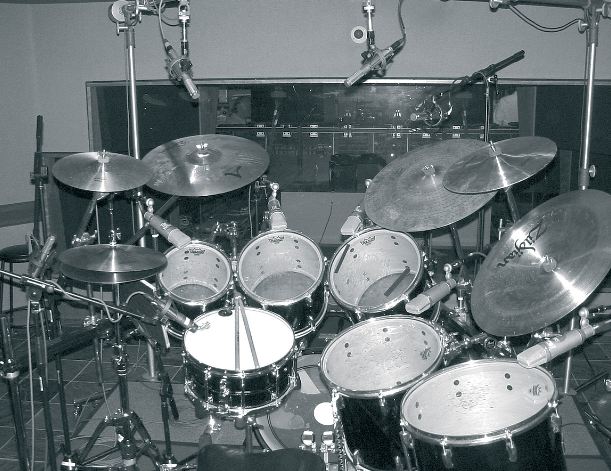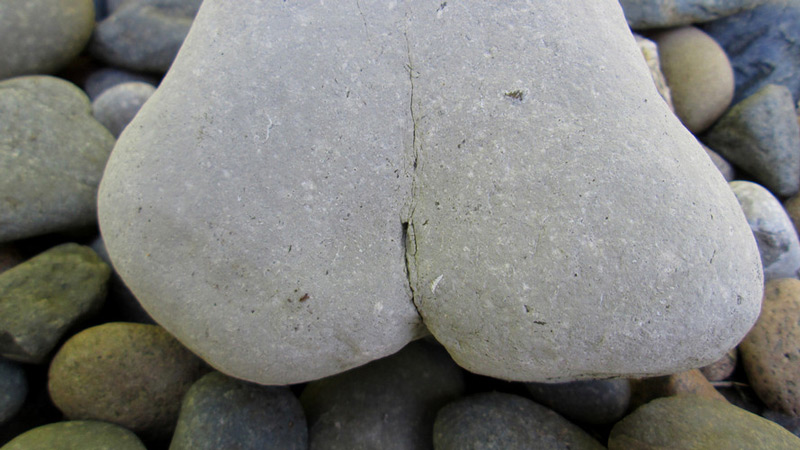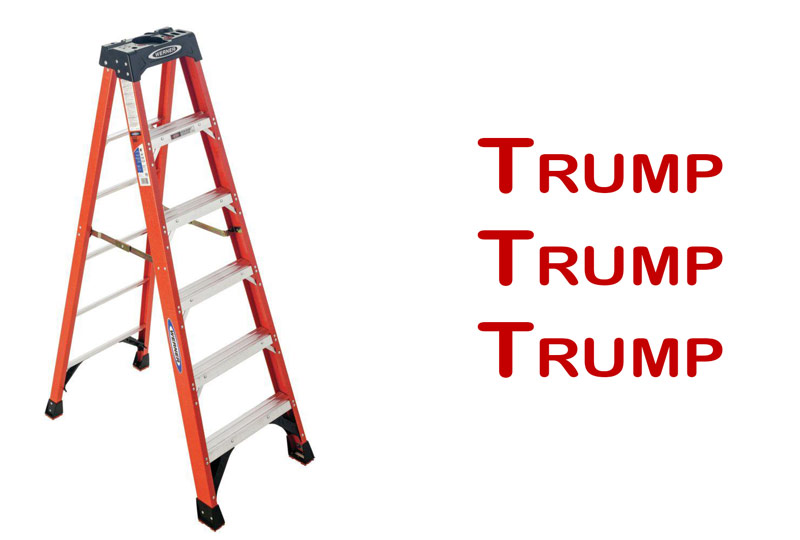The long, never-ending, always depends on who you ask debate about starting a career in “the music business” as an audio engineer: should I go to a recording school?
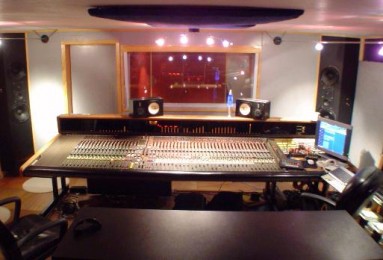 Personally, I didn’t attend a recording school, but I taught at one for a long time in many different cities. From seeing how the students did in their careers after graduation (one from about 6 years ago just called me out of the blue, actually) I do believe that what those kids learned in less than a year at a recording school was a lot more than I did in my first year of interning and assisting at two different studios in Boston (doing it “the old fashioned way”). Recording school graduates got out and could assist on sessions, take on some contact gigs, hook up with a touring company, etc.. They knew how the do the job, but of course needed a lot more time and experience to be masters at it – which is basically where you should be upon graduating from any kind of vocational school, really.
Personally, I didn’t attend a recording school, but I taught at one for a long time in many different cities. From seeing how the students did in their careers after graduation (one from about 6 years ago just called me out of the blue, actually) I do believe that what those kids learned in less than a year at a recording school was a lot more than I did in my first year of interning and assisting at two different studios in Boston (doing it “the old fashioned way”). Recording school graduates got out and could assist on sessions, take on some contact gigs, hook up with a touring company, etc.. They knew how the do the job, but of course needed a lot more time and experience to be masters at it – which is basically where you should be upon graduating from any kind of vocational school, really.
There is one rule about attending a recording school, though: EXPLOIT THE GEAR!!. If the school doesn’t have a lot of studios and equipment that you can book freely so that you can log hours – don’t go there. Theory is really, really, important, but you have to get into the studio and get AT LEAST hundreds of hours of session time under your belt before you even start to become a decent recording engineer “in the real world”. If you’re seriously going to spend money on going to school, then take the time to fully understand how each school manages their studios. The one that gives you the most hours to practice wins.
If all you care about is music production… why study audio engineering? You might as well ask the question: if you want to be a master chef, why would you study how to make food? If you don’t know the techniques, and potential of the tools used to create music, then you’ll never be better than a mediocre music producer stuck in your bedroom. You can’t be an artist without being a master of the techniques.
So that’s the secret: whichever sound engineering course gives you the most one-on-one, hands-on access to the studios – actually recording and mixing, not just watching a teacher with a big ego do it – then that’s where you should go.
Now on to what the Irish have to say about the music production school topic:
Music production courses and sound engineering courses are shaping the future of the music industry. Today’s students have access to the latest audio engineering equipment and recording technology and are encouraged to gain practical hands-on production experience throughout their studies.
By learning to master the latest audio recording techniques and understanding current and future music industry trends, today’s students of music production courses are well on their way to creating tomorrow’s musical masterpieces.
But considering the constantly evolving landscape of the music industry, how exactly are sound engineering courses helping students stay one step ahead of the game?
In order for students to succeed in the industry, the best music production courses should offer students the following:
Access to cutting-edge technology – Students of sound engineering courses should have access to the latest in quality audio technology and software, including console and monitoring tools, a range of microphones, PA systems, outboard equipment, and multi-track recording software.
Tutors with extensive industry experience – Today’s tutors are responsible for guiding the next generation of music industry professionals. That’s why it’s so important that tutors and trainers of sound engineering courses have extensive industry experience and are up-to-date with the latest in industry technologies and trends.
Provide students with their own demo reel upon completion – After the time and effort students dedicate to their music production courses, students should have a showreel which demonstrates their technical, artistic and professional abilities in mixing, recording and editing.
Industry recognised certification – Sound engineering courses should provide graduates with a City & Guilds award or certificate in Sound and Music Technology. A City & Guilds qualification is proof that you have learned the skills required to work in the industry. In addition, you should also receive certification to prove you have mastered the tools of your training, are capable of maintaining audio equipment, and can manage a recording session.
Upon completion of their studies students can go on to make their mark in the music industry. Utilising the skills learned in mixing, recording and producing a range of musical genres, students can go on to create audio for film, television, radio, digital, gaming and online mediums. Some of the real world careers in which students go on to have life-long rewarding careers include:
- Managing a recording studio
- Studio and location sound engineering
- Remixing
- Surround mixing
- Mastering
- Archiving
- Forensic audio
- Video games
- Sound effects
Sound and music production courses empower students to take their passion for music to the next level. Some courses may be short and intensive, ideal for those who want to develop their interest in music and use their new skills to make their own audio recordings. Other courses may run over several years, ideal for students who want to obtain a career within the music industry at a high level.
With the right skills, training, experience and passion for music, today’s music production students can go on to create the music we will all be enjoying for years to come.
Pulse College offers world class music production courses and sound engineering courses in Dublin Ireland. http://www.pulsecollege.eu
Article Source:
http://EzineArticles.com/?expert=Carla_K_Jack


